Hervé Falciani: criminal or modern-day Robin Hood?
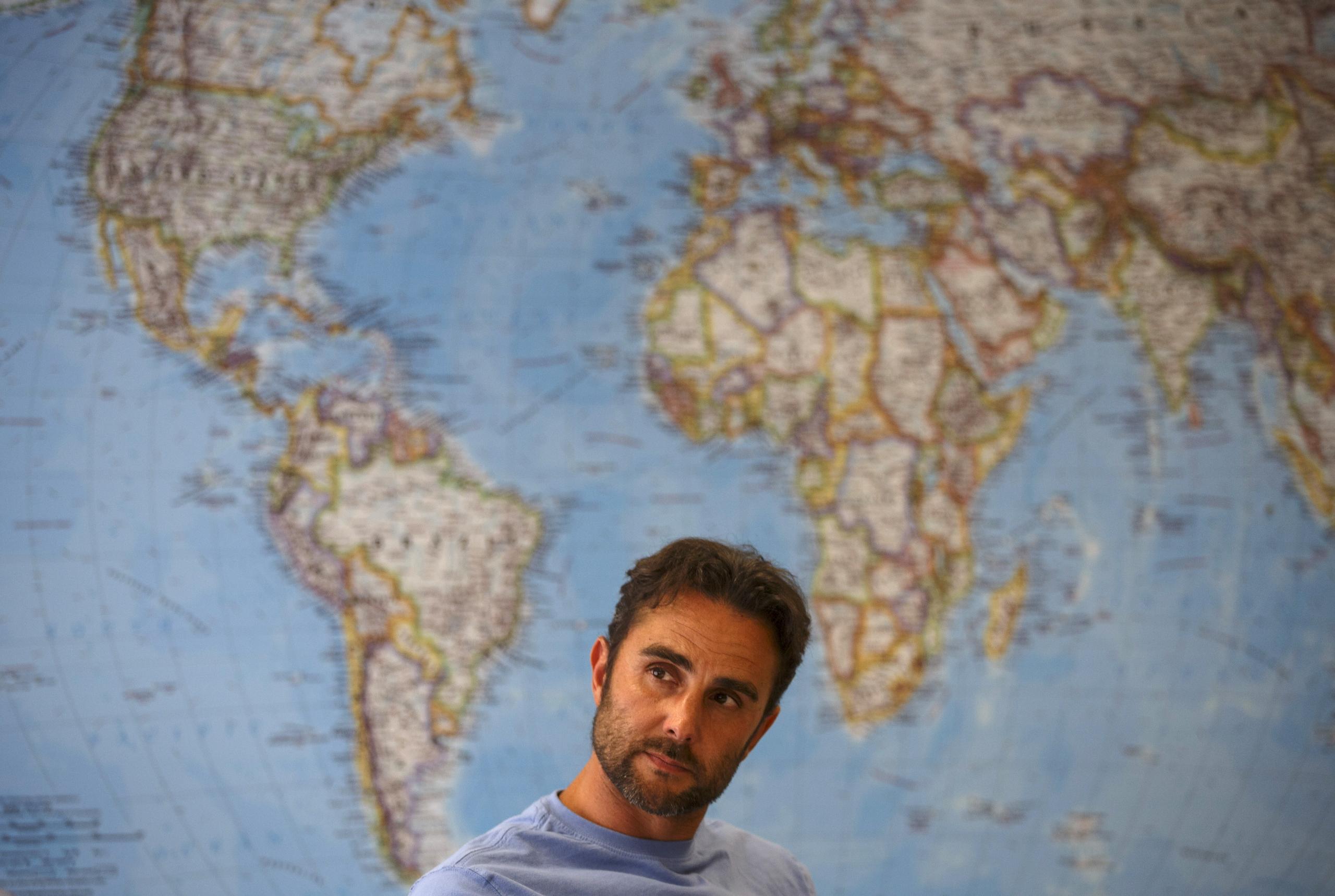
A number of countries have data thief Hervé Falciani to thank for millions in tax revenues. In Switzerland he is viewed as a criminal. He has also been branded a whistle-blower and campaigner against tax evasion.
On October 12 his case came before the Federal Criminal Court in Bellinzona but Falciani did not appear, as had been expected. The trial date was reset for November 2. If he does not appear then, he will be tried in his absence.
Falciani has kept governments, tax investigators and criminal investigators on their toes around the world and put thousands of tax evaders to the sword: drug dealers and money launderers – but also business leaders, pop stars, models and aristocrats. He has been held up as a public hero, particularly in France and Spain.
But not so in Switzerland. According to sections of the media that have seen details of the charges laid by the Swiss Attorney General, he stands accused of industrial espionage, unlawful data retrieval and violating banking secrecy. If found guilty, he will face a prison sentence.
Falciani has lived for years under police protection in France, and as a holder of joint Italian and French citizenship he has not been extradited to Switzerland. He had indicated through his Swiss lawyer that he would not attend the trial on October 12.
Dream of a better life
The story begins in the autumn of 2006: the now 43-year-old IT specialist had worked for HSBC’s private bank in Geneva since 2004. He was given the task of transferring client data into the bank’s new database. It appears that there was barely any oversight of his activities, allowing him to copy large chunks of data onto a personal disc.
The divorced Falciani lived in a flat in Geneva with his partner and their one-year-old daughter. In France he had tax liabilities but in Geneva he had another romantic interest: the Lebanese national Georgina Mikhael, who also worked in HSBC’s IT department.
Falciani told Mikhael about his secret stash of bank client data and suggested they sell the hoard in Lebanon and start a new life.
The couple flew to Lebanon in 2008 and began to approach banks in Beirut. Falciani assumed the false name of Ruben al-Chidiack and span a story that he had found the data by browsing the internet. No bank took the bait. The manager of one bank he approached, Audi Bank, was a Swiss woman who did not believe his story and alerted the Swiss Bankers Association.
Lucrative LGT deal
Back in Geneva, Falciani read in a newspaper that the German secret service had paid €4.6 million (CHF5 million) for stolen data from the Liechtenstein bank LGT. The data uncovered a big fish tax dodger: Klaus Zumwinkel, the former Deutsche Post chief who was arrested on February 14, 2008, in front of the cameras.
“Ruben al-Chidiack” was soon offering his HSBC data to the German and British secret services. A deal never materialised but the British secret service tipped off the French tax authorities. By now, the LGT case had put Swiss banks on a state of high alert and the curious incident in Beirut was being viewed in a different, and altogether more serious, light.
The Swiss Federal Office of Police began to look into the case and in May 2008 the Attorney General launched an official criminal investigation. In December of that year, prosecutors interviewed Georgina Mikhael, who had by now left her job at HSBC and separated from Falciani.
Mikhael admitted offering data to Audi Bank in Beirut. Prosecutors tapped her telephone, soon discovered the identity of Ruben al-Chidiack and searched Falciani’s HSBC office.
Lucky break
During his interrogation, Falciani denied everything. Because it was Christmas Eve and there was not yet sufficient evidence to charge him, Falciani was released to let him visit his family. It was agreed he would hand himself back in the following day.
Instead he dashed back to his Geneva flat, grabbed his partner and child and fled the few kilometres to France. On December 26 he handed his files to the tax authorities in Nice, France. The French tax authorities now had a list of tax cheats that they could not use in court because the data was stolen.
But then they got a lucky break. The Swiss authorities, learning that Falciani had absconded, asked the French authorities for legal assistance, particularly to seize the data that Falciani had taken with him. In February 2009 the French police seized the material at a holiday home belonging to Falciani’s parents near Nice.
The irony was that without Switzerland’s request for assistance, the HSBC data would not have ended up in French hands as legally confiscated evidence.
Spain profits too
Instead of passing the data back to Switzerland, the French kept it in Nice where the tax authorities started a big operation going through the list of clients and accounts. It uncovered details of some 106,682 people and 20,129 companies that had held accounts at HSBC Geneva between November 2006 and March 2007.
The data was passed on to the tax authorities in Spain, Belgium, Britain, India, the United States, Canada, Australia, Ireland, Greece and Argentina. Since then, thousands of investigations have been opened against suspected tax cheats from around the world.
Fearing for his safety, Falciani travelled to Spain in 2012 where he was picked up by Barcelona police on an international arrest warrant issued by Switzerland. Falciani spent six months in prison during which he cooperated with the Spanish authorities. It is estimated that Spain has been able to recover at least €300 million (CHF327 million) thanks to the Falciani data.
On May 8, 2013, a Spanish court ruled against extraditing Falciani to Switzerland. Falciani went so far as to unsuccessfully run for the European parliament with the leftwing Partido X party in order to gain parliamentary immunity.
Conflicting stories
Since then, Falciani has lived in France under police protection. He has recounted his version of events in television interviews and talk shows and a book he has written about his experiences. He claims his former lover, Georgina Mikhael, had the idea of selling the data. He never wanted to sell the information or enrich himself, he has stated.
What mattered, according to his version of events, was to expose how banks operated by supporting tax evasion and money laundering.
A year ago Falciani said he would appear in court in Switzerland to give his version of events. He has since changed his mind, preferring to explain himself at a press conference that has been set for October 28 in France – a stone’s throw away from the Swiss border at Casino Divonne.
Adapted from German by Matthew Allen

In compliance with the JTI standards
More: SWI swissinfo.ch certified by the Journalism Trust Initiative
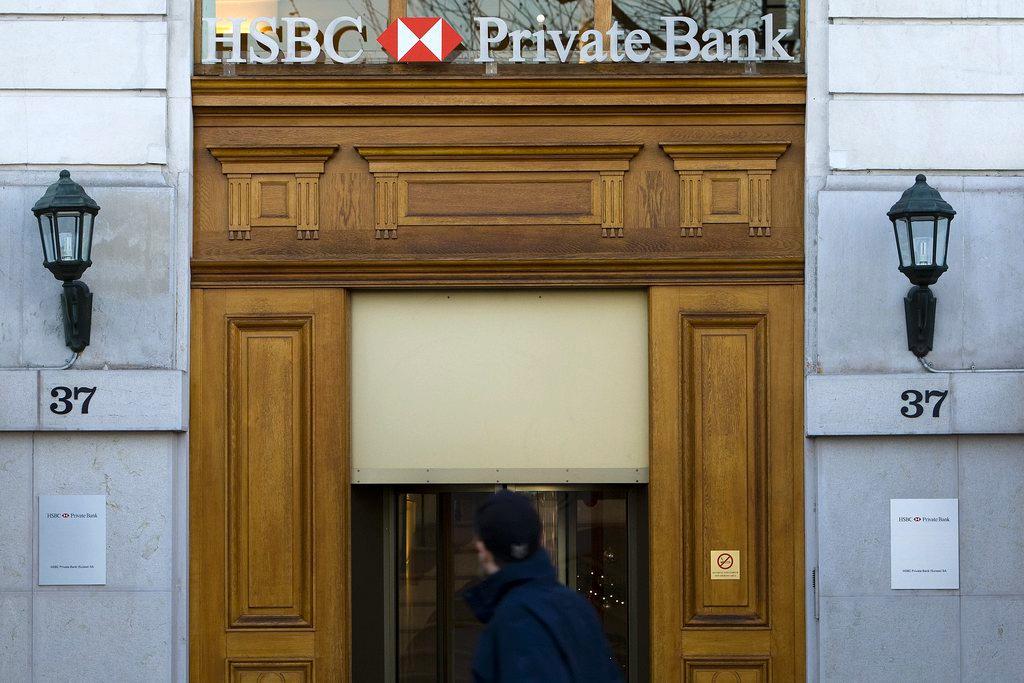
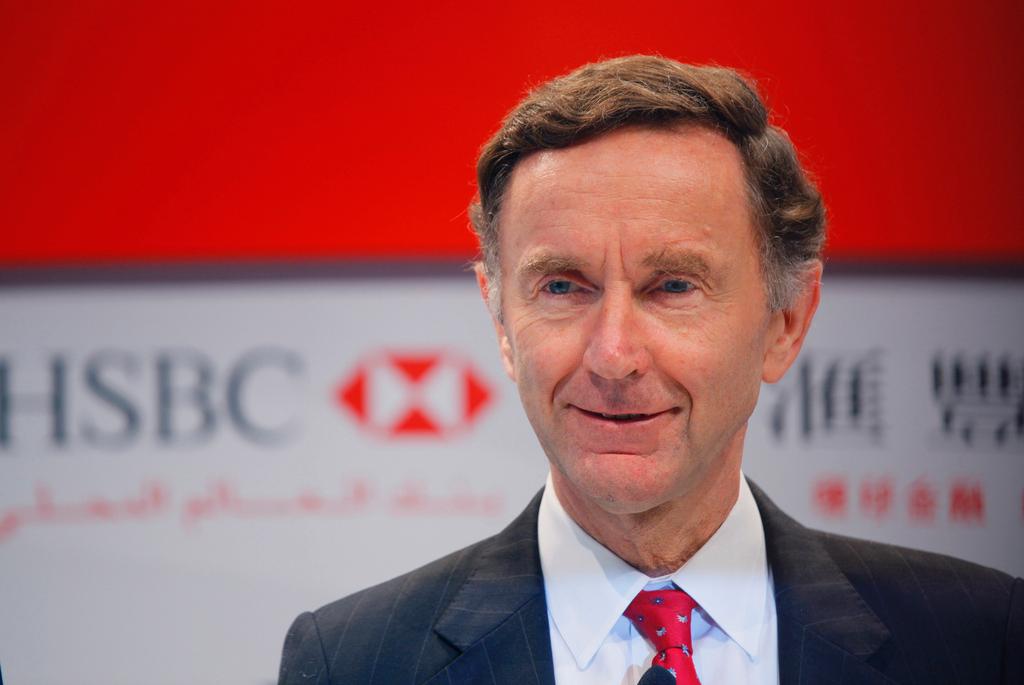
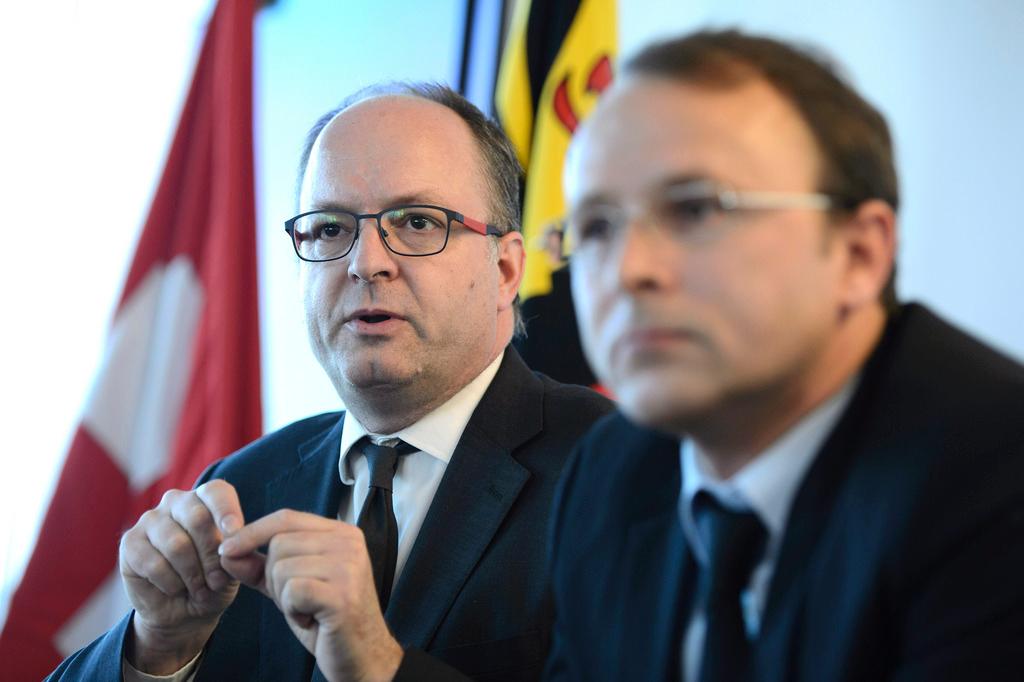
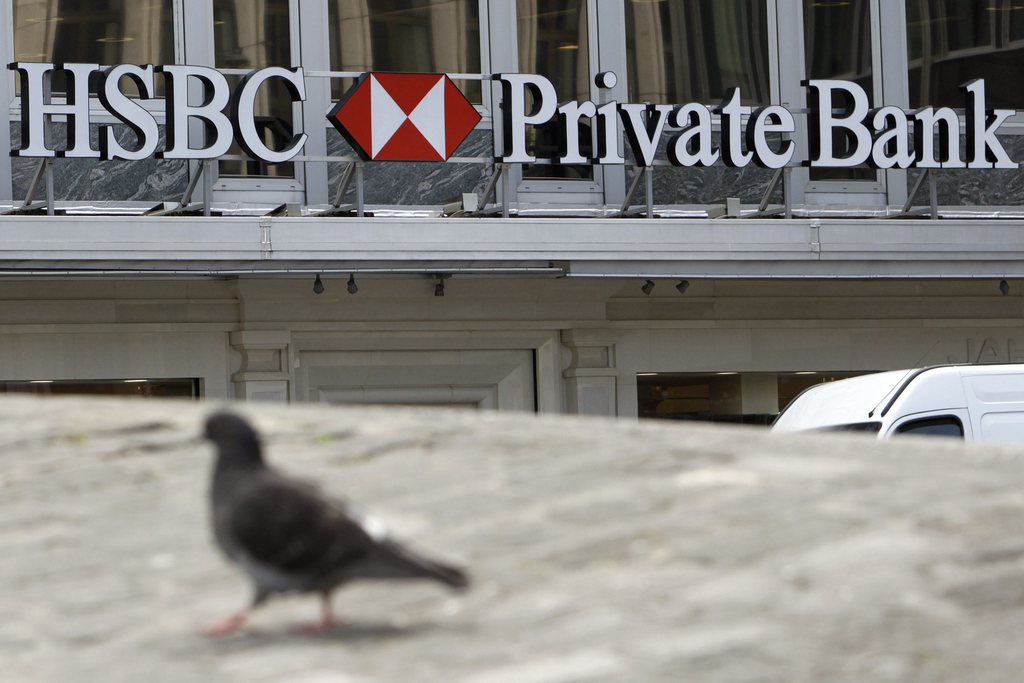
You can find an overview of ongoing debates with our journalists here. Please join us!
If you want to start a conversation about a topic raised in this article or want to report factual errors, email us at english@swissinfo.ch.